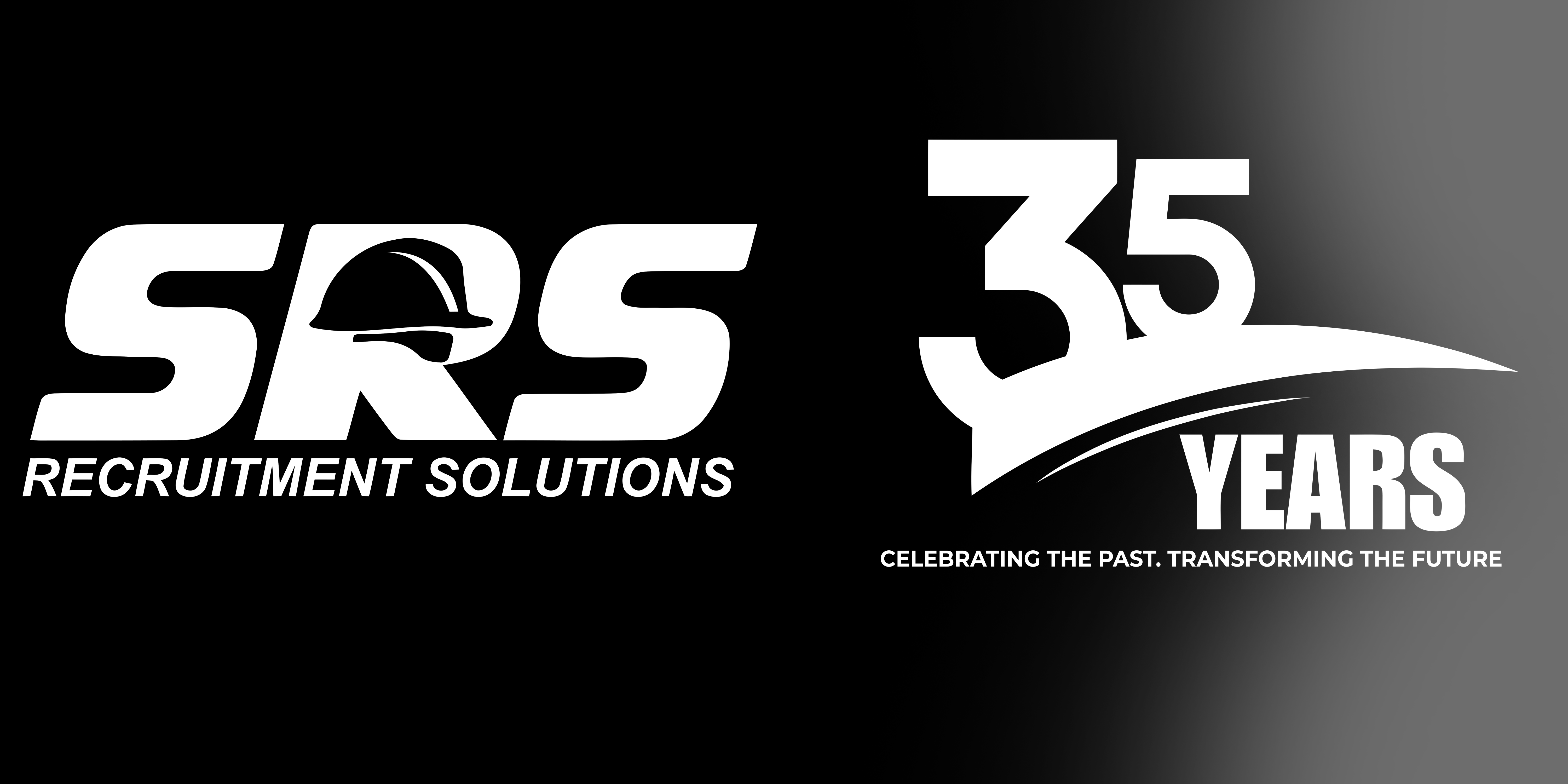We knew COVID-19 would change many aspects of the world as we know it and the hiring process is no exception. This is something I realised when making my first senior appointment post lockdown. Both my Client and my Candidates came across a number of unexpected challenges during the recruitment process as a result of COVID-19 and I have highlighted some of the major ones in this article to help other hiring organisations and job seekers who mainly look for remote jobs, navigate the new hiring environment with some recommendations for how to overcome them.
Request for flexible working
It is likely that you are aware of the predication that COVID-19 will result in more and more businesses being open to remote and flexible working arrangements, both during lockdown and in the future of workplace practices.
Whether or not flexible working is something your business is becoming more open to, you should be prepared to see an increase in the request for flexible working from job applicants and be prepared to compete for talent with businesses that do offer remote and flexible working as research shows that these factors will have an impact on what makes an employer desirable to current and future talent.
Video Interviewing and its challenges
Zoom, Skype, Webex and Microsoft teams all have one thing in common. They’ve probably seen the highest demand for their products they have and will ever experience thanks to a practically global lockdown.
Virtual meetings and online seminars have replaced the comfort of face-to-face communication over the past few months and the hiring process has leaned quite heavily on the use of video interviewing to enable businesses to continue their recruitment plans with minimum disruption. Standard practice for some, but a minefield for those technically inexperienced or camera-shy.
Whilst there are a large number of articles highlighting the challenges and pitfalls of video interviewing, the two main challenges experienced by my Client and Candidates during the hiring process were connectivity and preparation.
Not every street in the country is blessed with strong internet connectivity and an embarrassing frozen facial expression mid conversation happens to the best of us. Unfortunately, it’s impossible to eliminate the risk of this happening to you during a video interview but it is a good idea to expect some connectivity issues during the meeting so choosing the most ‘appropriate’ location (ideally with the best wifi signal) to conduct the interview will help to minimise the disruption.
Everyone knows preparation is key to a successful interview, regardless of whether you are the interviewer or the one being interviewed. In the case of video interviewing, there is a little extra preparation required to ensure you get the best out of the interview on both the interview and the interviewee’s part.
Doing a test run or a mock interview and getting your head around whatever platform will be used is key. If you are a Candidate, you should run a test with a family member or the recruiter representing you. If you are the employer, you could run a test with a colleague or your recruitment consultant . It will also be beneficial to offer training to any members of your team that are responsible for recruiting and interviewing so they can get the most out of the process and conduct an interview with confidence.
The advantages outweigh the disadvantages of using video in the recruitment process, especially for the hiring organisation. Cost and time saving benefits are the main advantages here but it will only be an effective solution if Hiring Managers are equipped with the know-how.
Measures in place for face-to- face interviewing
On the subject of interviews, for those organisations who are able to conduct face-to-face interviewing at their premises, there will undoubtedly be some changes to the way you handle visitors in terms of safety and social distancing. These ‘measures’ should be communicated to any Candidates attending interviews in advance and if you are a job seeker attending an on-site interview and haven’t been briefed on what to expect, you should enquire. There are two reasons for this; first, attending an interview is stressful enough for a Candidate. They don’t need the added stress of wondering what procedures they will have to go through when they arrive at your premises. Secondly, some safety procedures can take time so Candidates should be requested to arrive early in order to avoid any delays in getting the interview started (especially if you are on a tight schedule). All of this should help the interview process run a lot smoother for everyone involved.
Notice periods
With the government’s extension of the furlough scheme until October 2020, it is likely that job offers will be made to those Candidates who are furloughed and there are no clear guidelines set for how employers should handle notice periods in the event that a furloughed employee resigns. Some business may choose to alter their policies to allow for a shorter notice period, others may decide to take the employee off the furlough scheme to allow them to work their notice period. For recruiting companies and job seekers on furlough, you may need to be flexible when it comes to start date timescales.
Onboarding and transitioning for new employees
Given that social distancing and work-from-home policies have become the norm since the start of the pandemic , it’s no surprise that is has also affected the onboarding process for new employees in many organisations. Remote onboarding should be considered by recruiting companies and a strategy should be put in place for relationship-building between the new hire and their manager, feedback, goal setting and regular check-ins. Communication is key where a new hire joins the organisation ‘remotely’ and it will be worthwhile for the new hire and the employer to discuss this as soon as the job offer is accepted.



